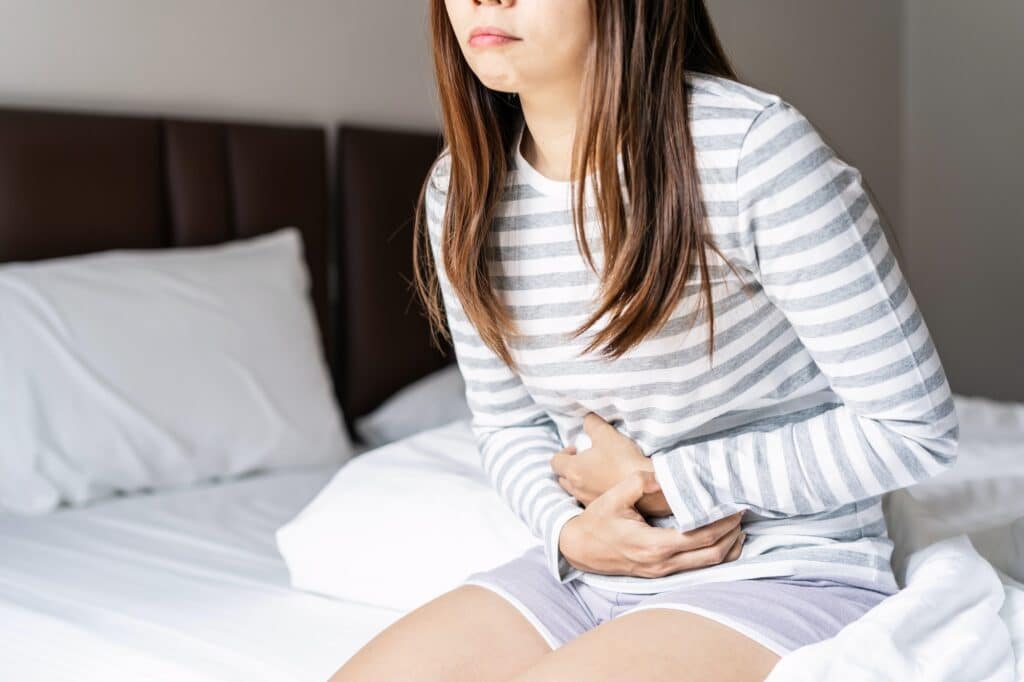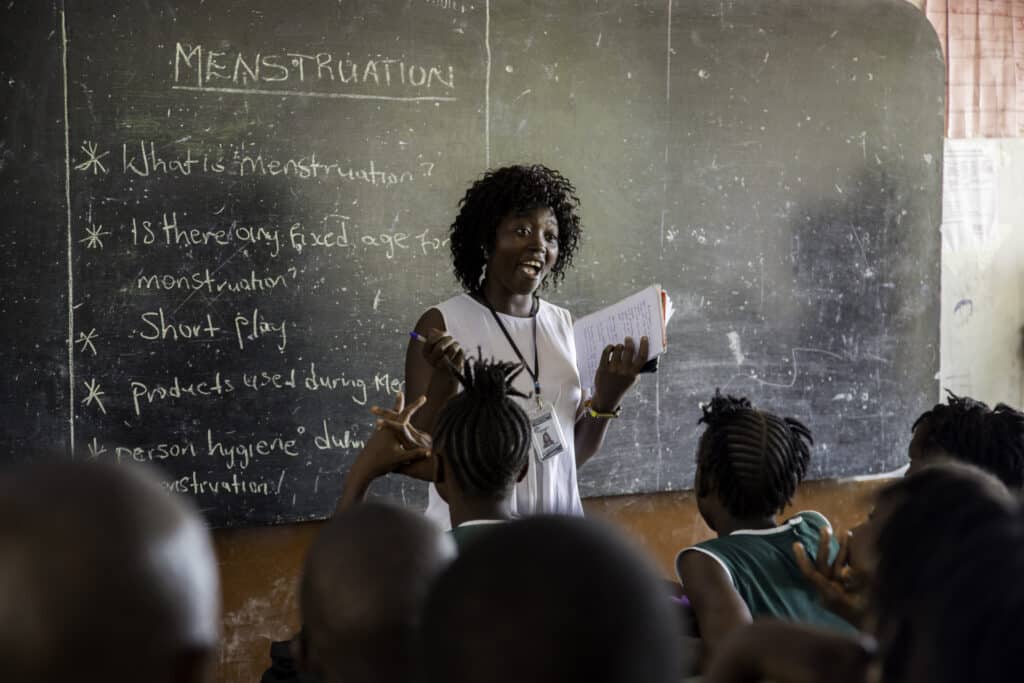Last month, the Western Australian government announced that it would start to provide period products free of charge to secondary school students. Period health is an often neglected topic as menstruation is still viewed as taboo in many societies, with 41% of Australians surveyed reporting feeling shame as a result of their periods. Ignorance around periods is surprisingly common – in 1984, NASA engineers asked Sally Ride, the first American woman to go to space, if 100 tampons would be enough for a week!
The 2021 Bloody Big Survey, commissioned by well-known Australian charity Share the Dignity, revealed many issues experienced by Australians who menstruate:

17% reported being unable to afford period products at some point in their life
49% wore a tampon or pad for more than 4 hours because they had run out
22% had to improvise with socks, newspaper, or toilet paper due to cost
48% missed class and 65% missed sport because of their periods
Menstrual taboos and access to affordable sanitary products are an issue throughout the world. For example, in the Barisal district of Bangladesh, the price of sanitary pads and the embarrassment associated with buying them from male store clerks means that people resort to using old pieces of cloth during their periods.
There are many charities that work in this space to support women in education, safety and health around their menstruation. 100 Women is pleased to have provided grants to two charities that included period products in their work:
Our first grant round in 2014 recognised the Global Development Group’s “Restore Rose” program in Cambodia, which provided women in extremely poor villages with education and reusable menstrual cups. In 2020, One Girl’s “Girls Beyond the Classroom!” project in Sierra Leone was funded by 100 Women to provide girls with support in Menstrual Hygiene Management as well as supporting them to return to the classroom after Covid-19 lockdowns.
Periods are a fact of life for many of us, and there is a lot we can do to fight period stigma and improve access to period products. Here are some ideas:
- Learn about periods, especially if you don’t menstruate yourself
- Avoid blaming peoples’ bad moods on periods or PMS
- Avoid using euphemisms such as “that time of the month”
- Talk about your period openly: for example, don’t lie and say you have a headache when you have menstrual cramps
- Avoid perpetuating stigma around buying or owning period products
- Ask your workplace to consider providing period products free in their bathrooms, the way they provide toilet paper
- Use inclusive language: remember that not all women menstruate, and it is not only women who menstruate
- Donate to charities that provide period products to those in need and work to end stigma
By Madge Castle.

